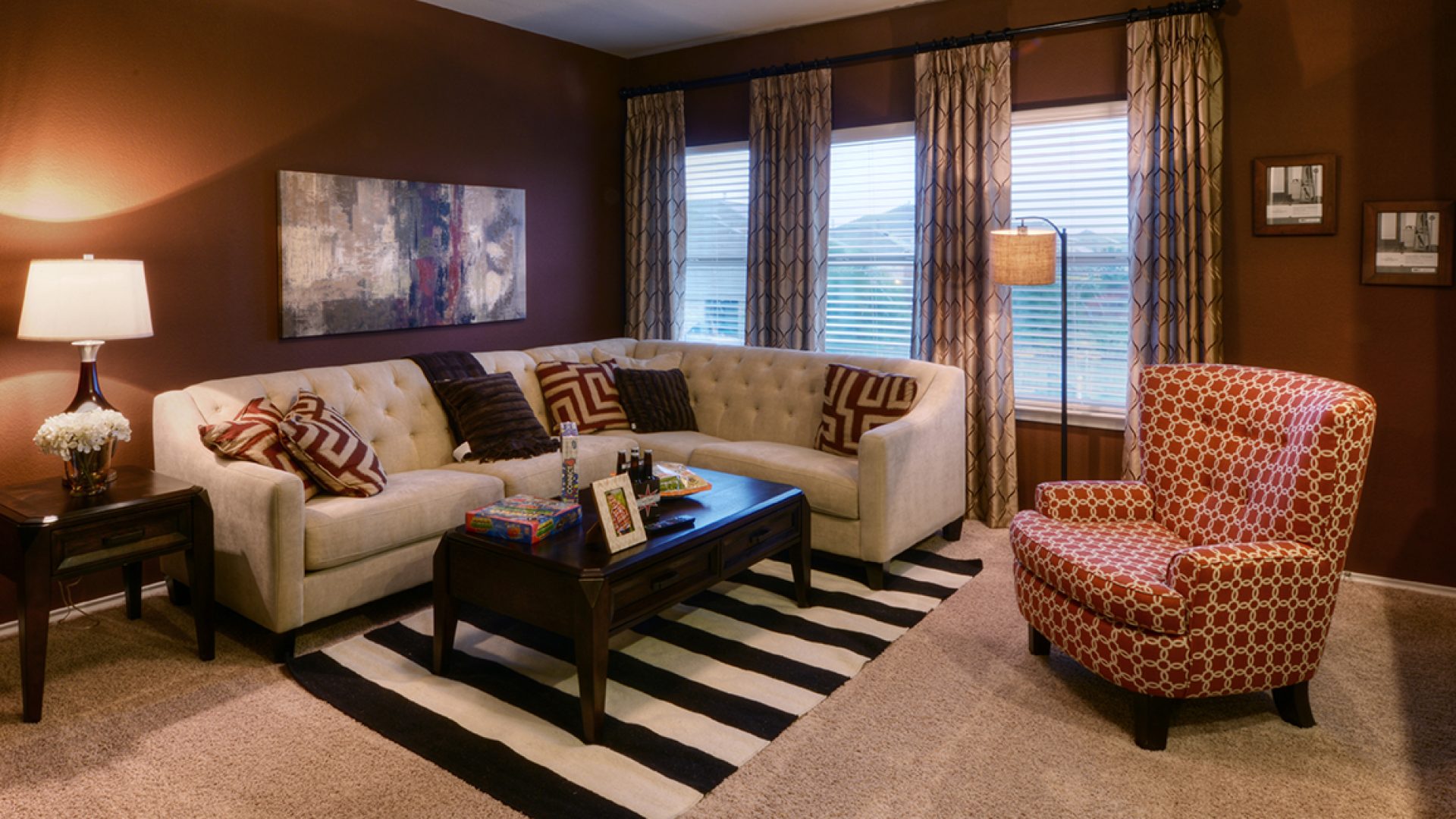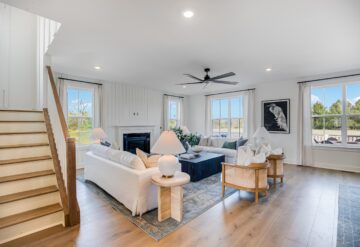If you’re planning to sell your home, you might want to consider staging it. Whether you should stage your home or not depends on a variety of factors – where you’re located, for instance – and this article by Daniel Goldstein of MarketWatch offers advice from real estate professionals from around the U.S.
Plastic surgery might improve one’s looks. But so might a little makeup. When it comes to making your house more attractive to prospective buyers, home staging is definitely in the makeup category.
What is home staging? Just like makeup, it’s an on-the-surface solution. Staging can help your place look its best during the sales period without the cost or expense of a renovation. For about $3,500 to $4,500 a month, the home you’re about to put on the market can be filled with great-looking furniture, well-considered accessories and tasteful art.
Don’t expect home staging to conceal your house’s flaws, says Shell Brodnax, chief executive of the Real Estate Staging Association (or RESA) in Valley Springs, Calif., southeast of Sacramento.
“Staging doesn’t conceal anything, but it accentuates what’s already there,” Brodnax says.
While home staging is in part about showing a property in its best possible light, it can also help potential buyers imagine themselves in the space. Particularly after a move-out, or before a property has ever been occupied, many buyers like to see what a room really looks like, how it lives. “Buyers have a hard time envisioning themselves if it’s empty,” says Scott Leverette of McGuire Real Estate in Berkeley, Calif. “I think also a home looks smaller if it’s empty.”
So does staging really result in higher sales prices, multiple bidders and quicker sales? In a 2013 study looking at nearly 170 staged properties valued at $300,000 to $499,000, RESA – which obviously has a vested interest in the matter – said that those homes were sold in 22 days, compared with an average on-market time of 125 days for unstaged properties.
Staging isn’t always necessary, however. “In a hot area, where listings don’t last on the multiple listing service [for] long, spending the money to stage may not be necessary,” says Bruce DarConte, a Realtor with Coldwell Banker in Washington, D.C. “One size doesn’t fit all.”
And it’s not entirely clear that staging contributes to higher selling prices. Staging made no difference in terms of the final selling price, according to a 2012 study by several real estate professors and researchers published in 2015 by the Journal of Housing Research.




